|
New
Releases |
January 16, 2026

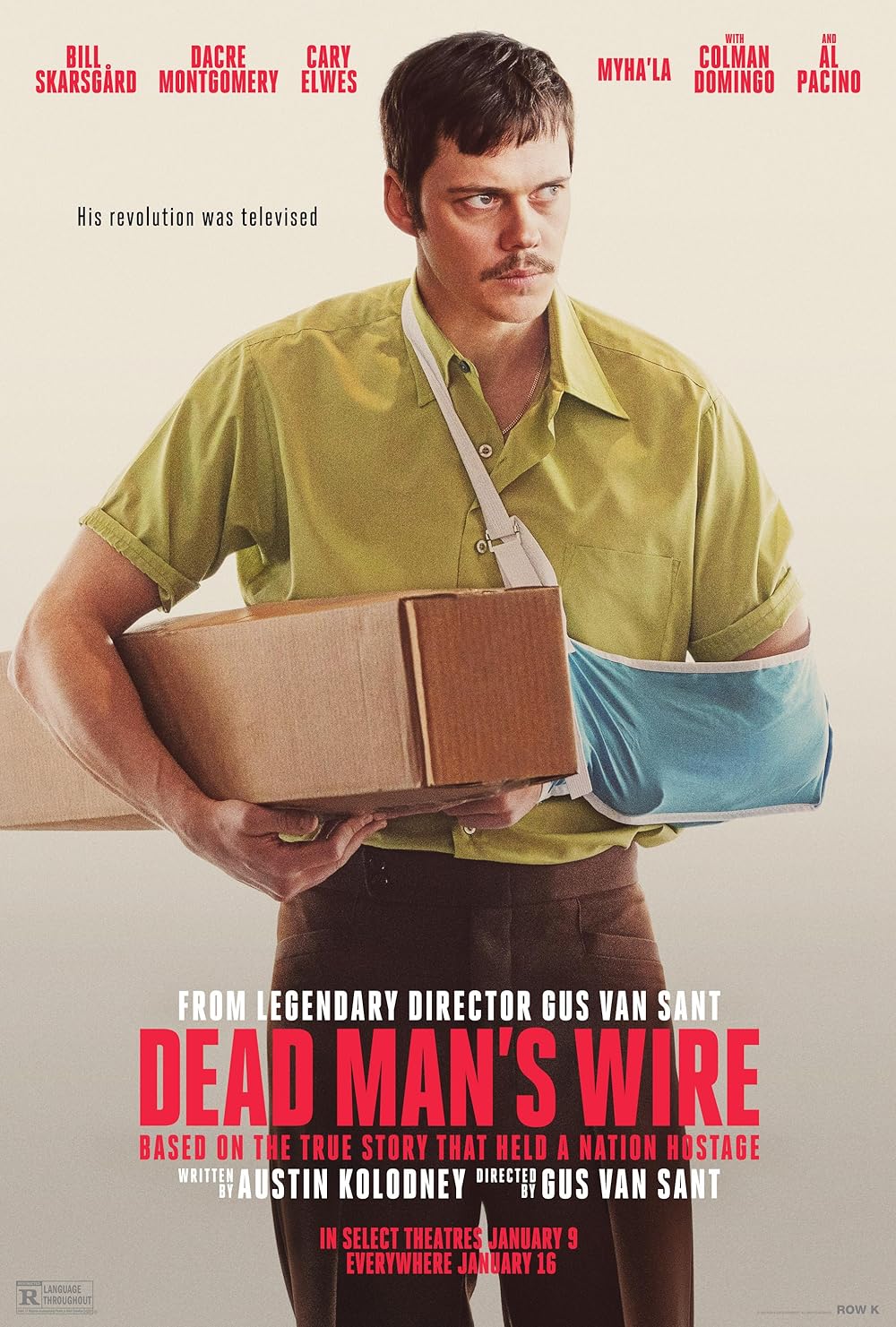

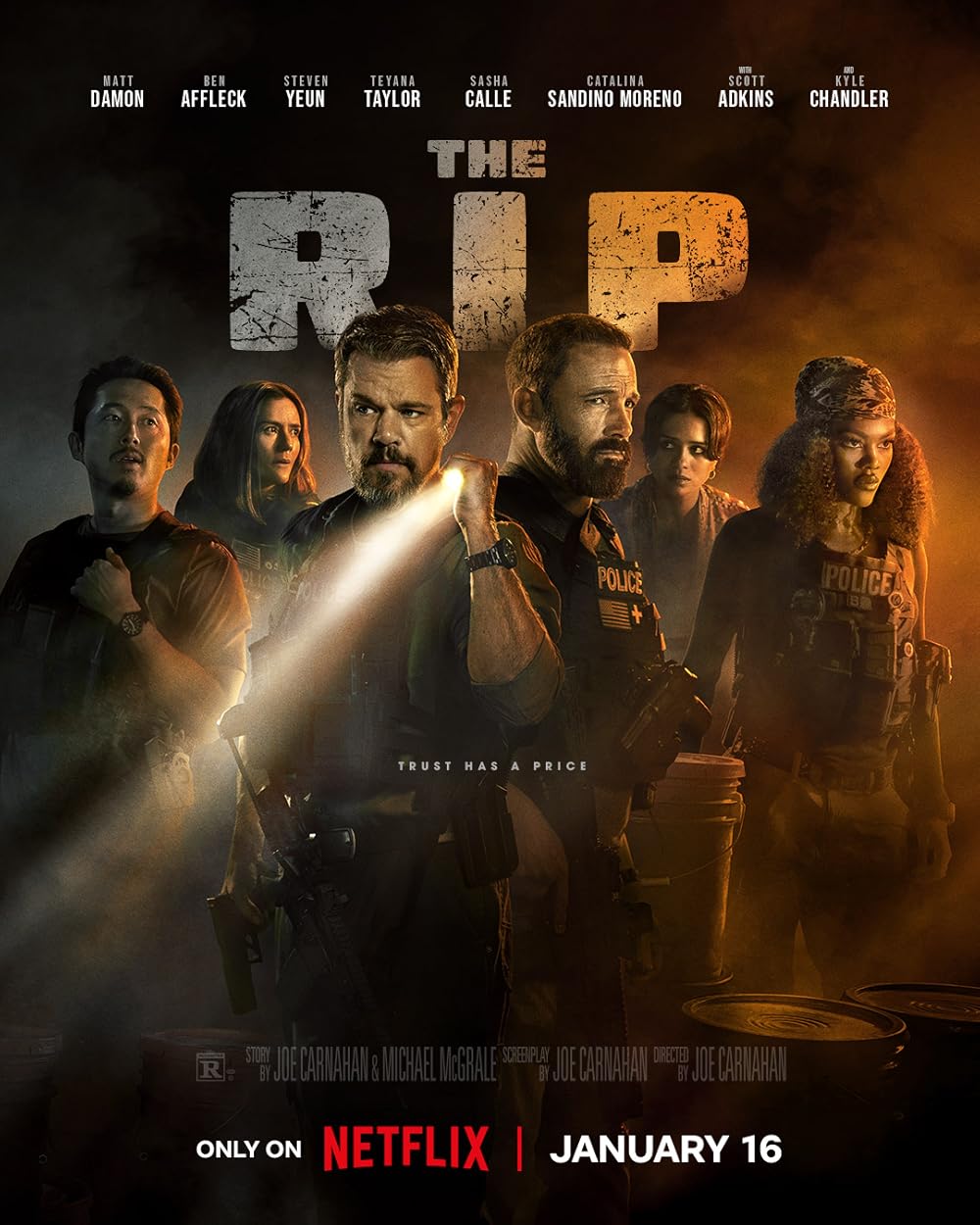 |
January 9, 2026
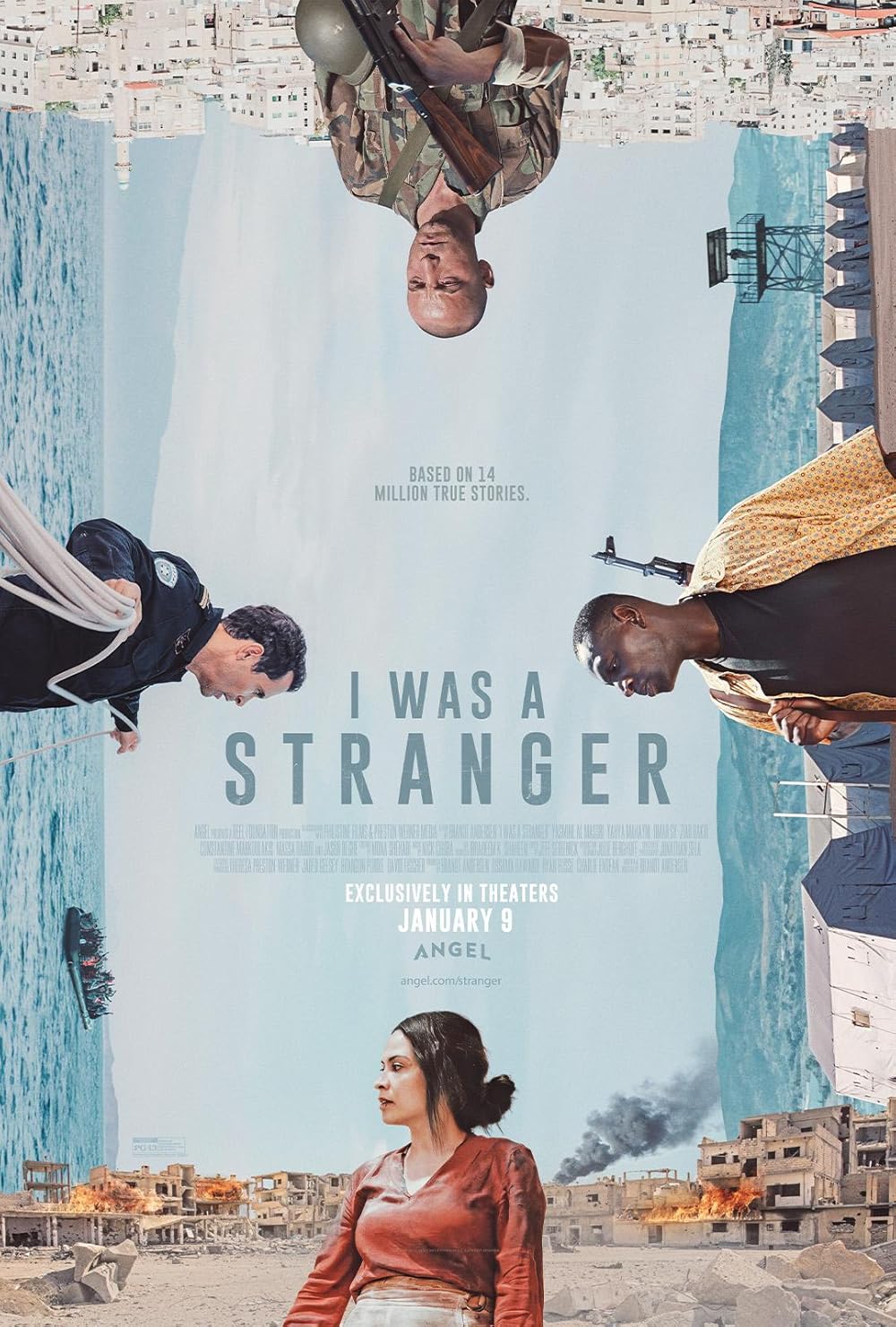
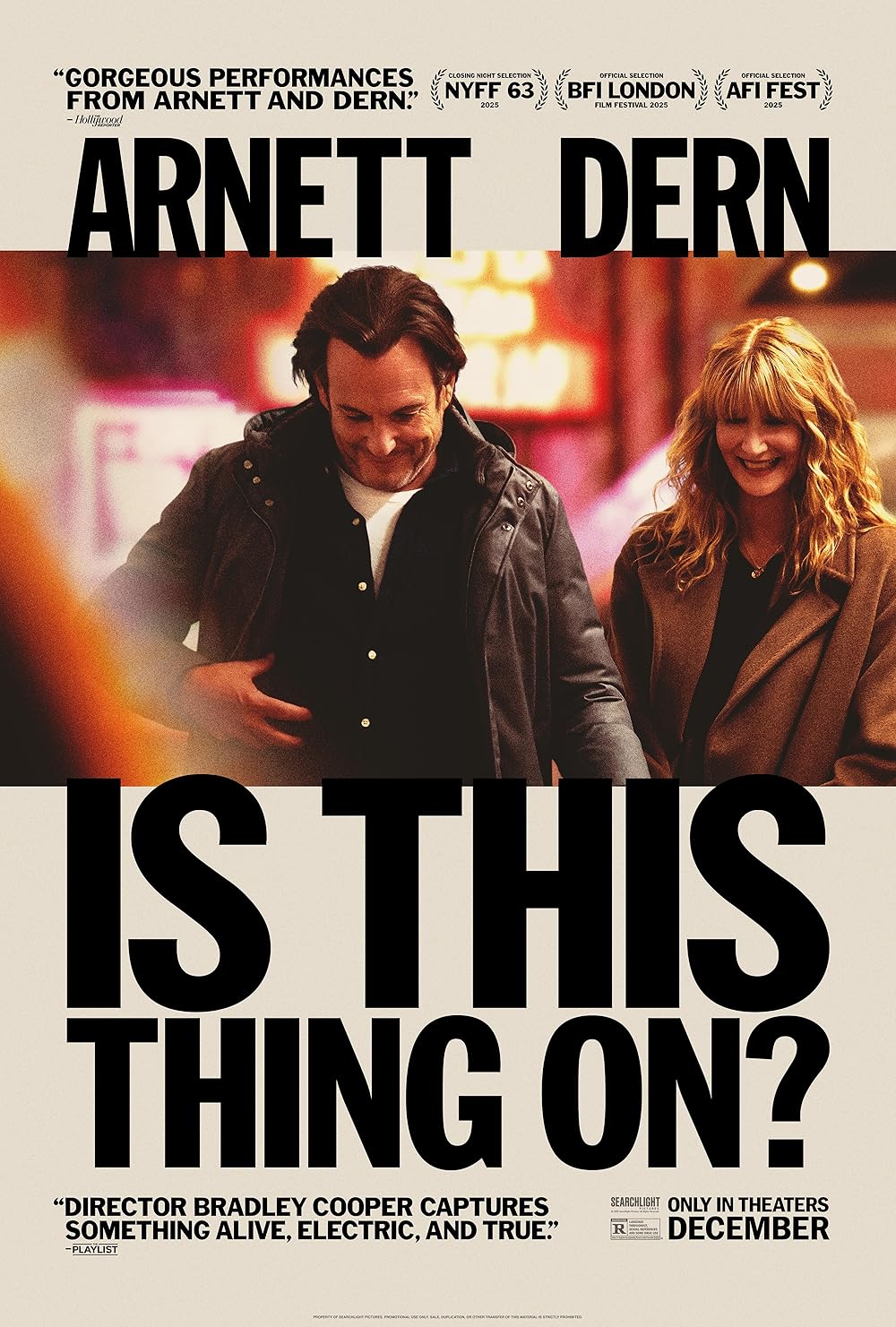 |
January 2, 2026
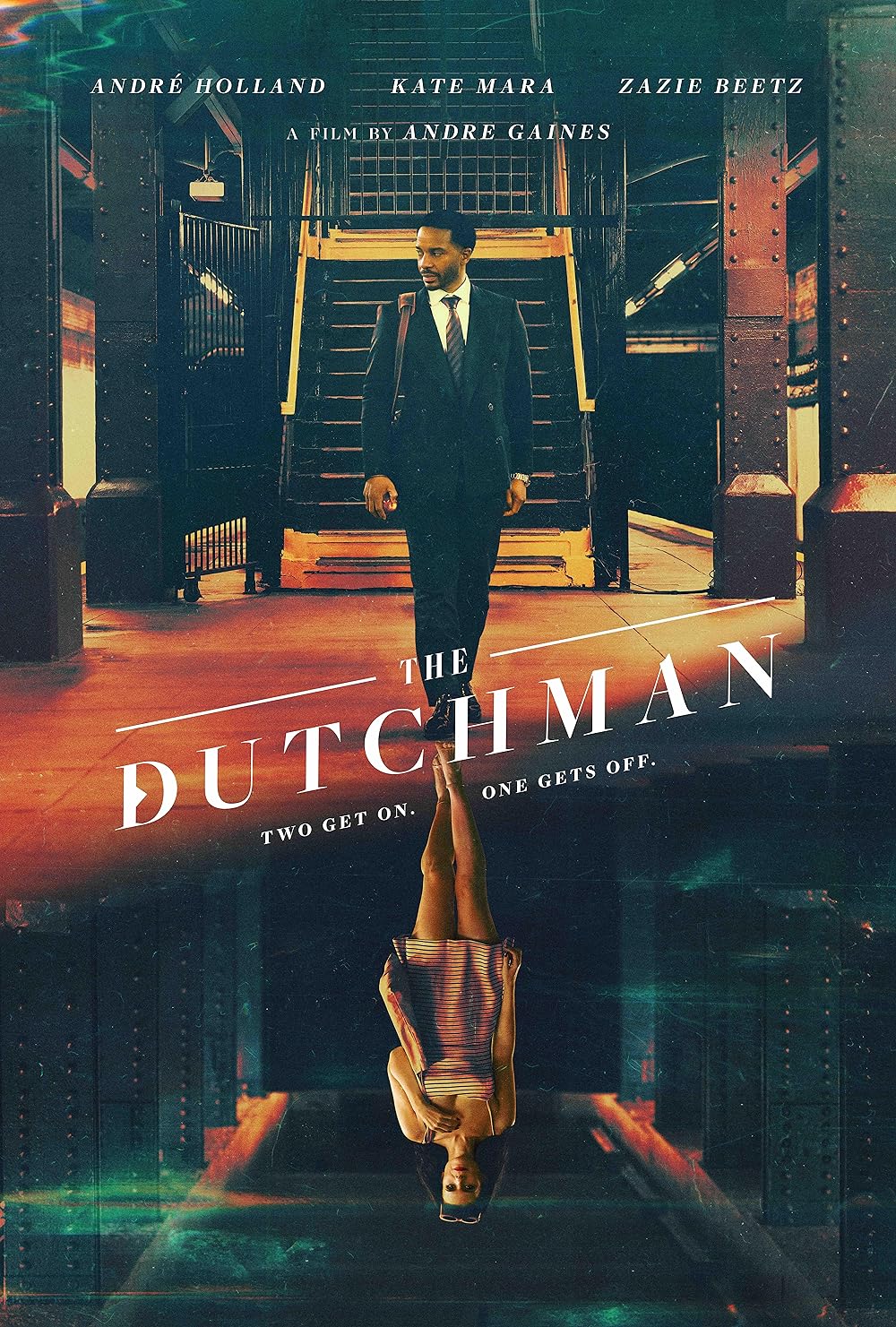
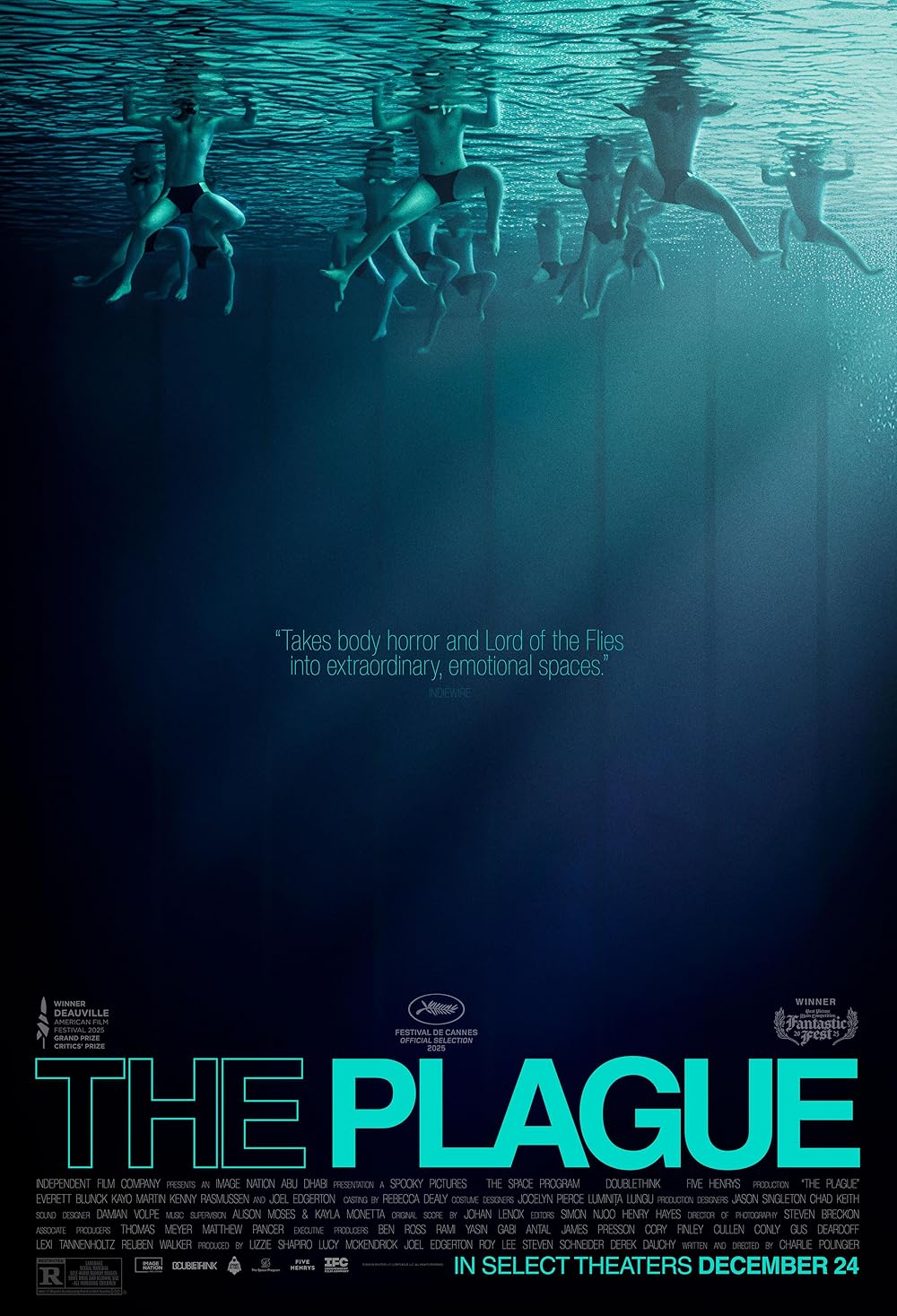
 |
December 26, 2025

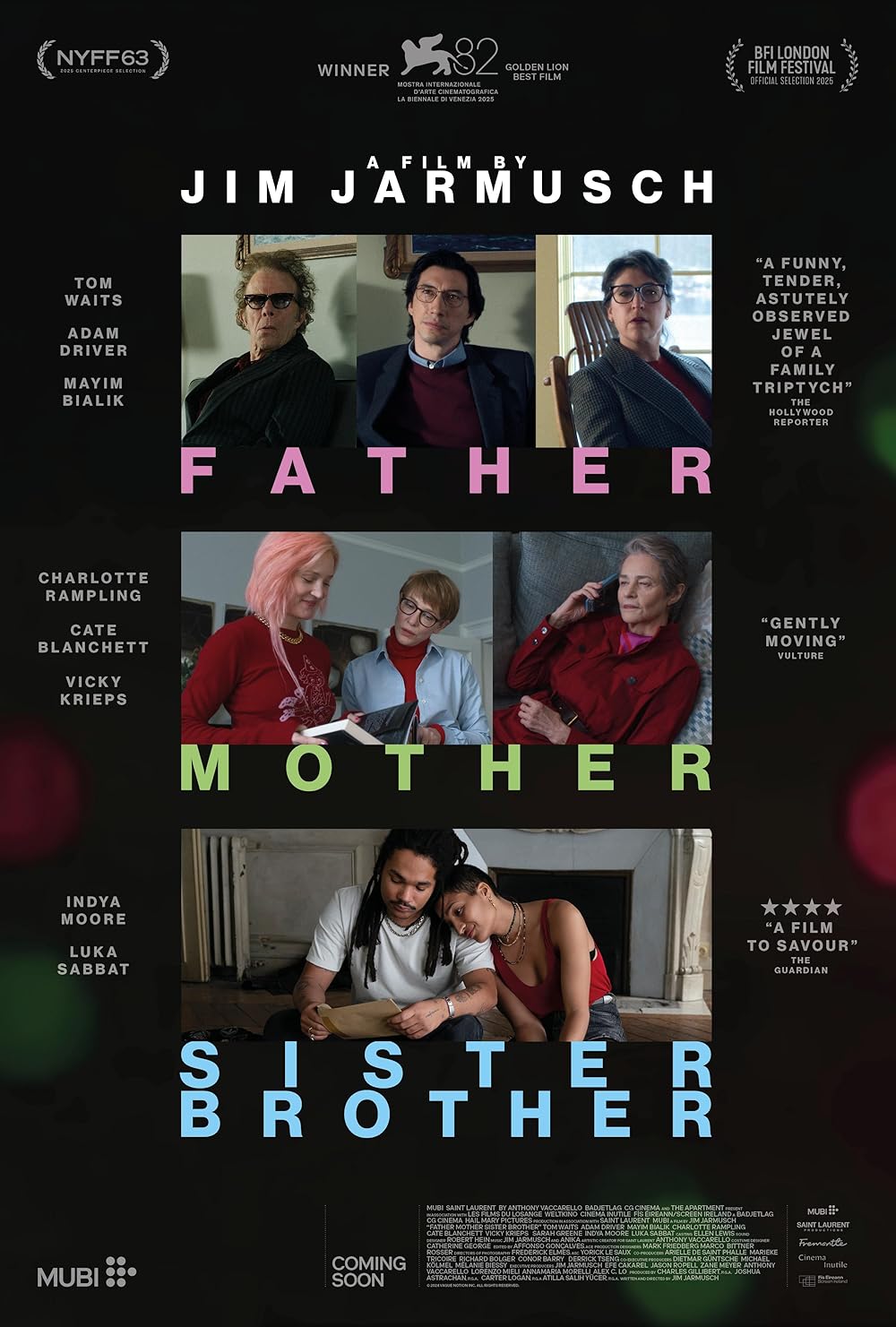
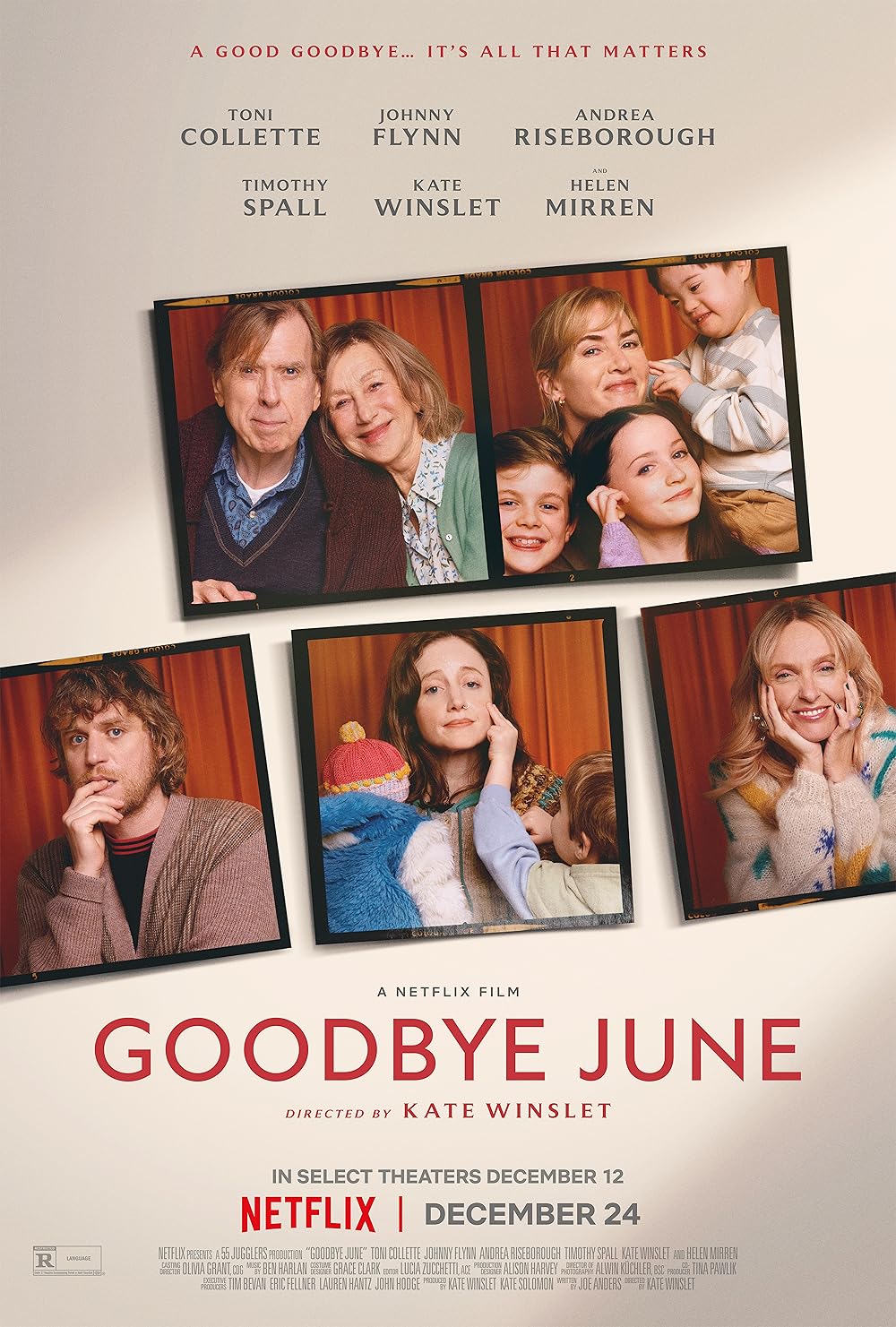
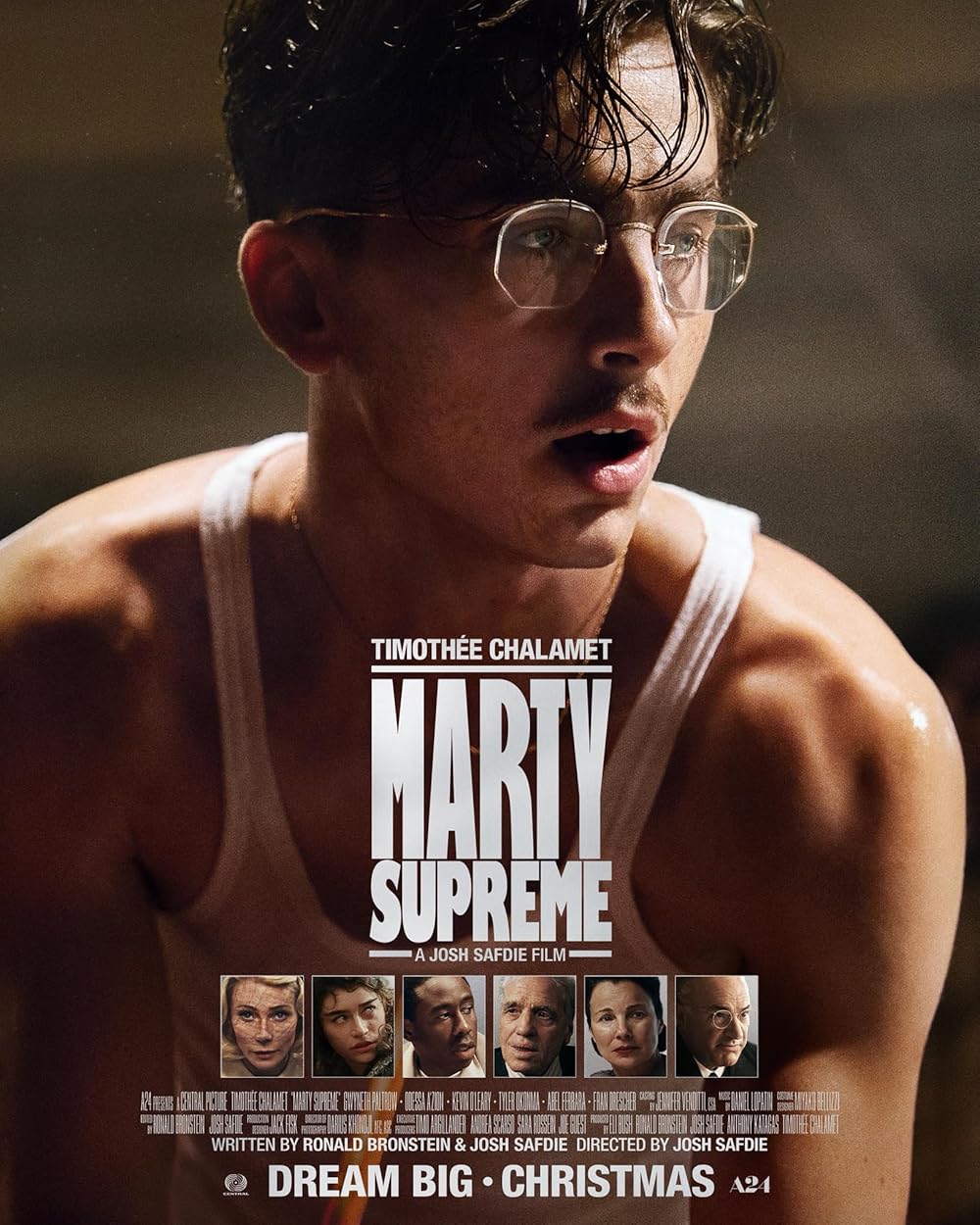
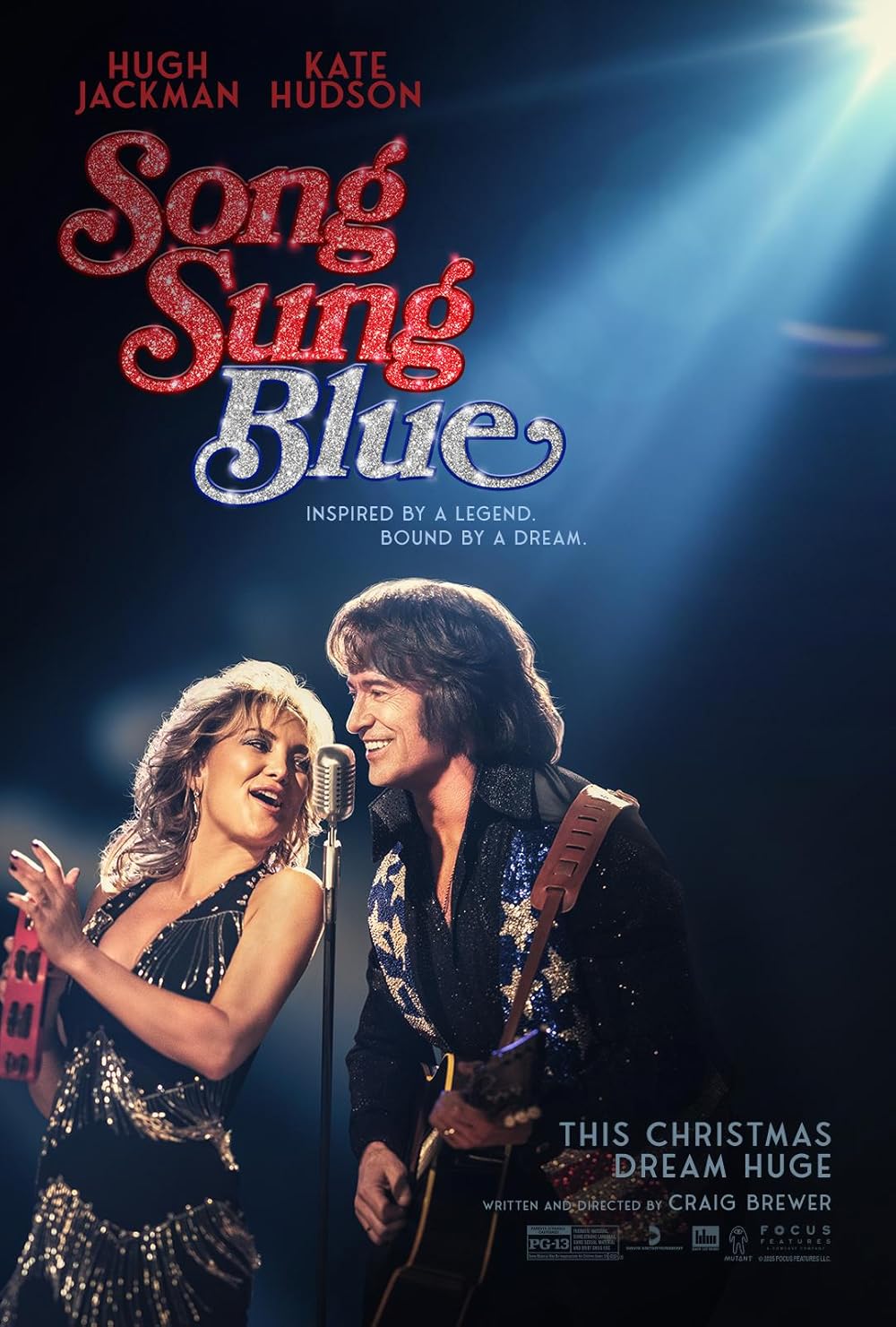
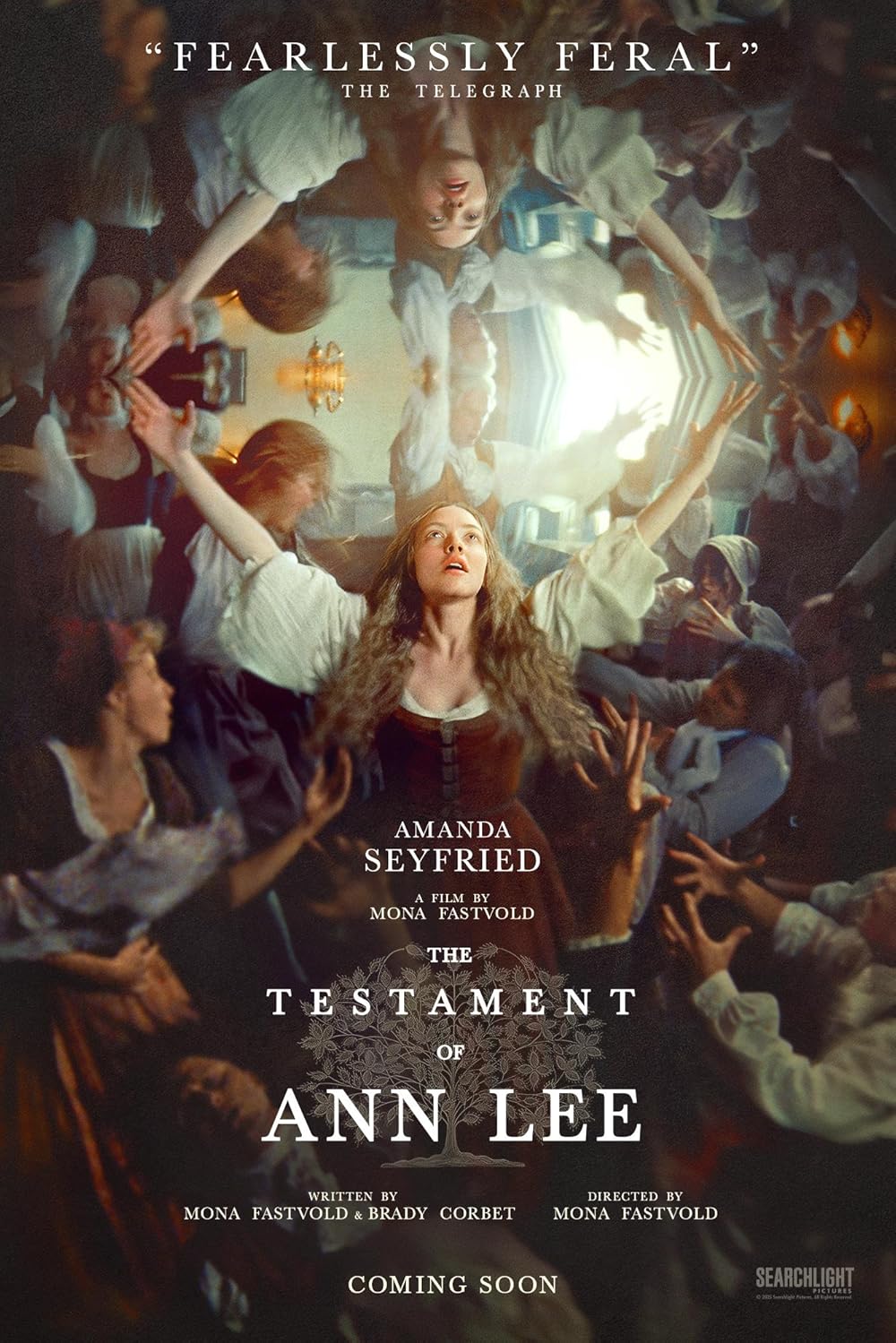 |
December 19, 2025


 |
December 12, 2025
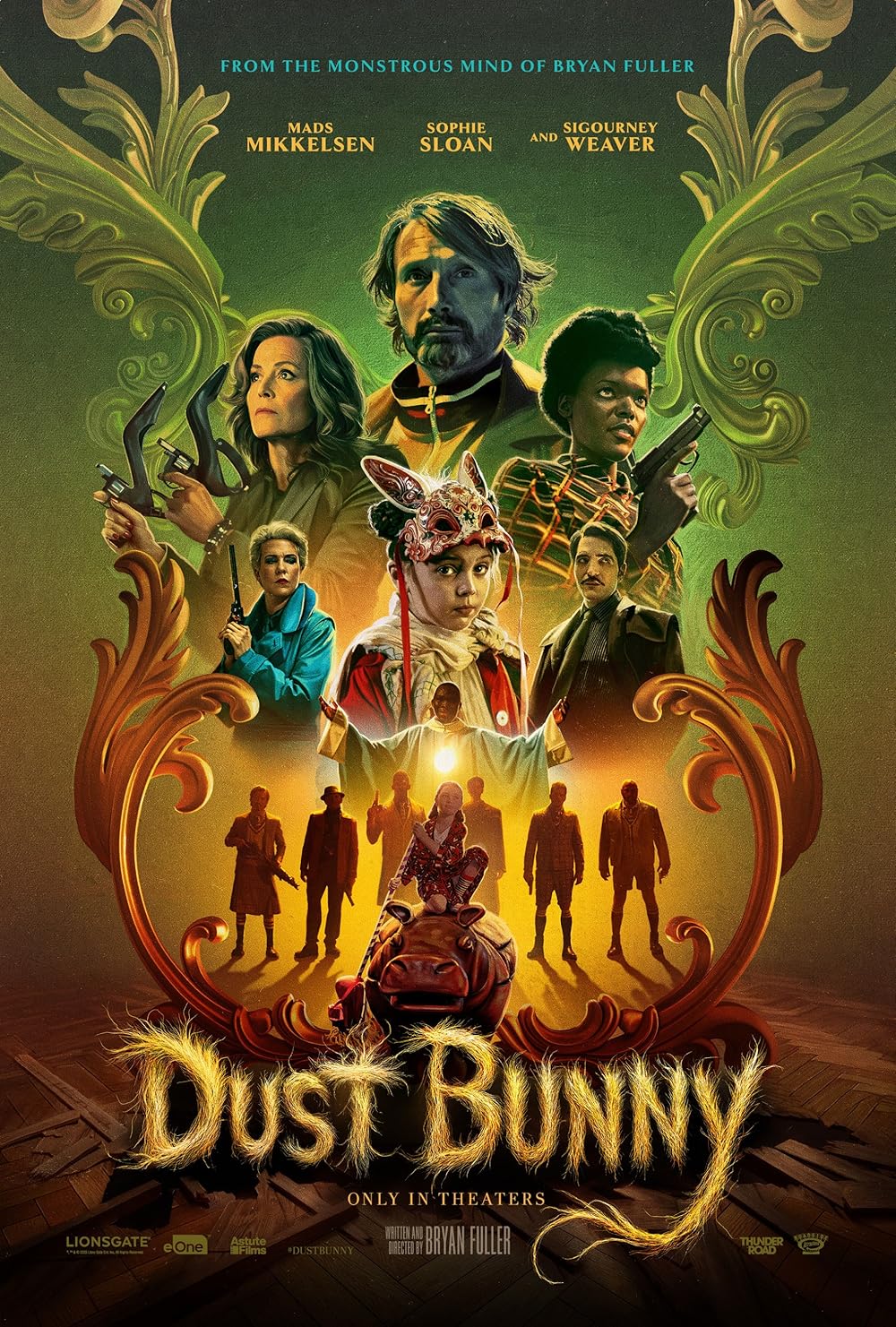
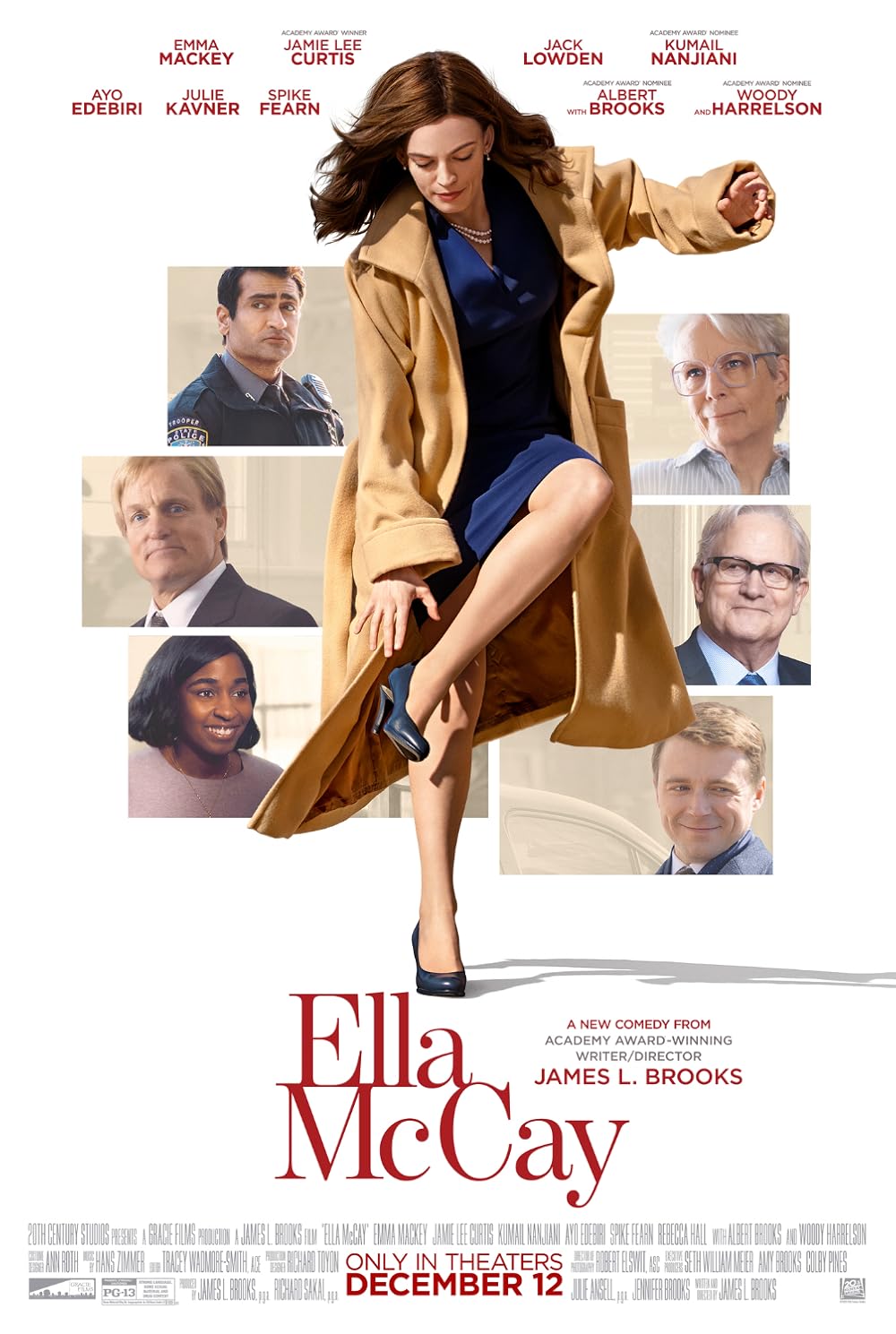
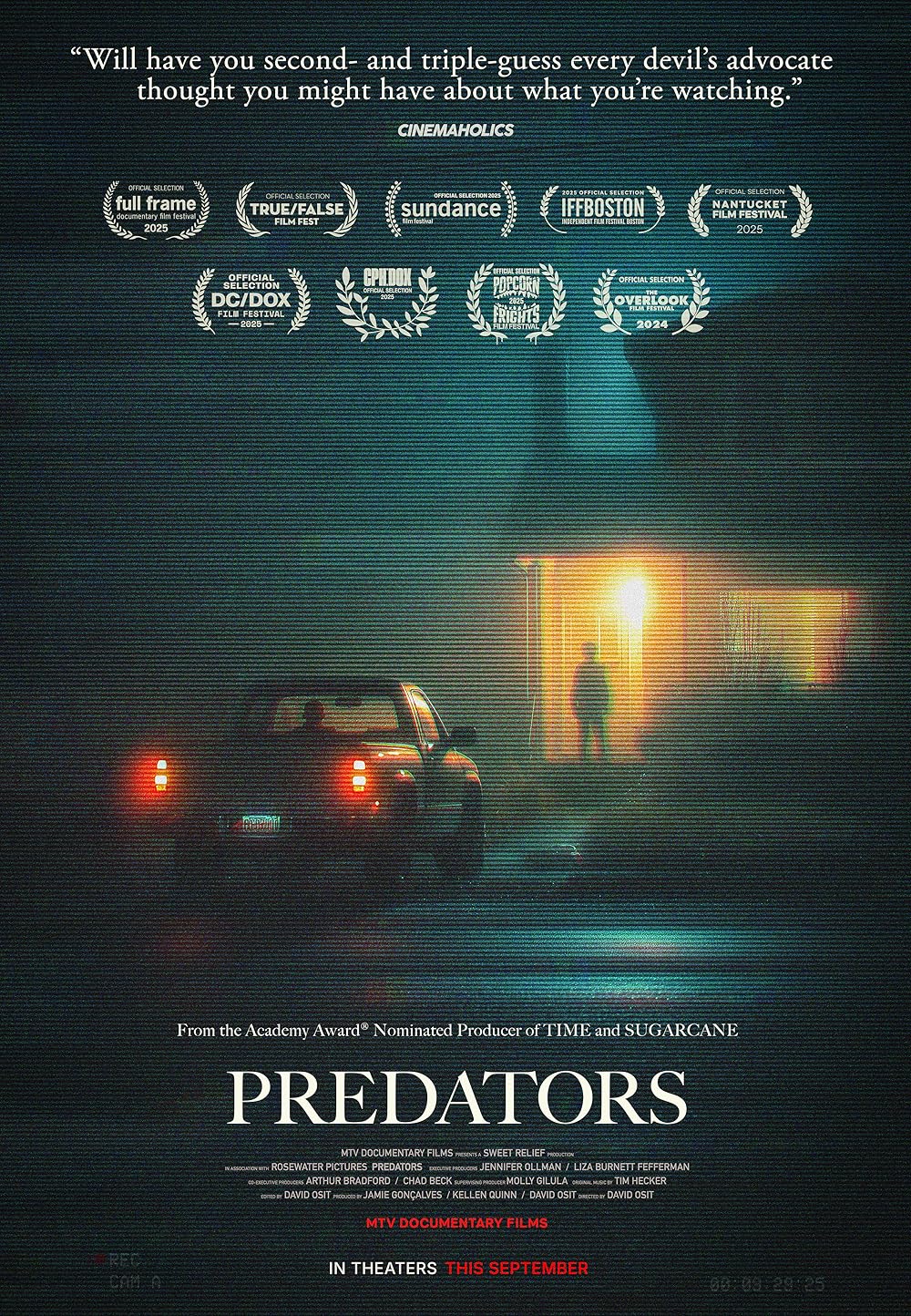
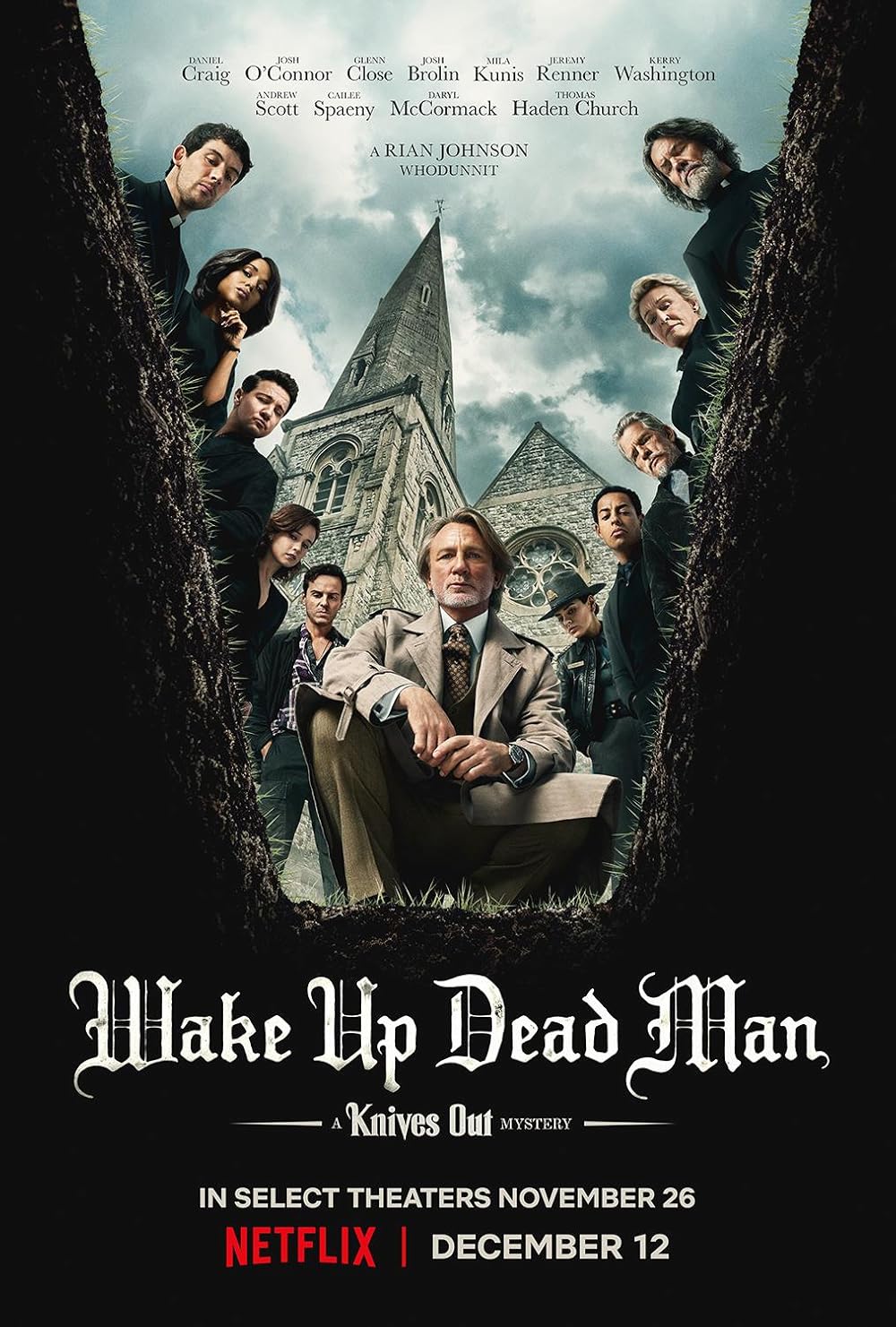 |
December 5, 2025

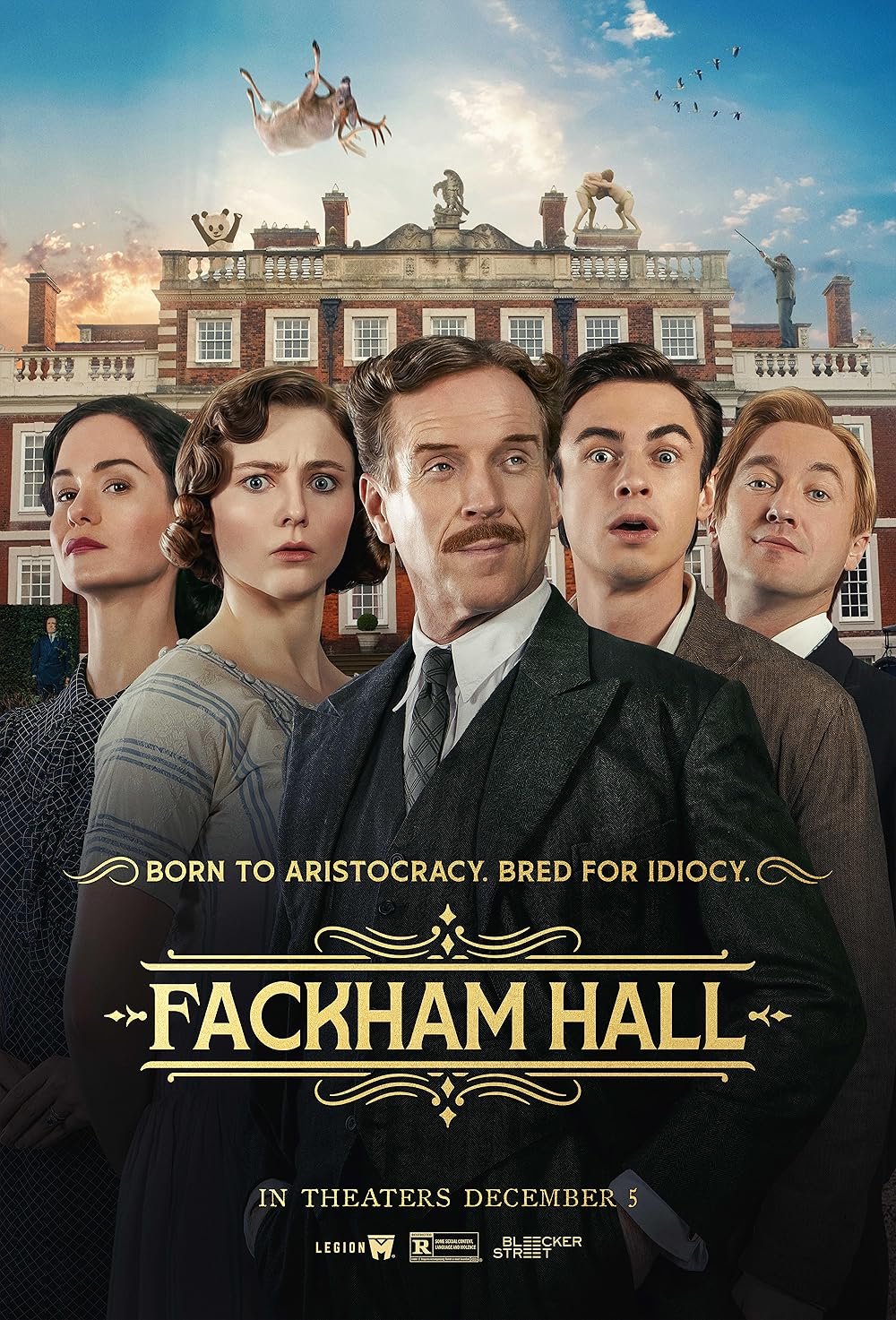

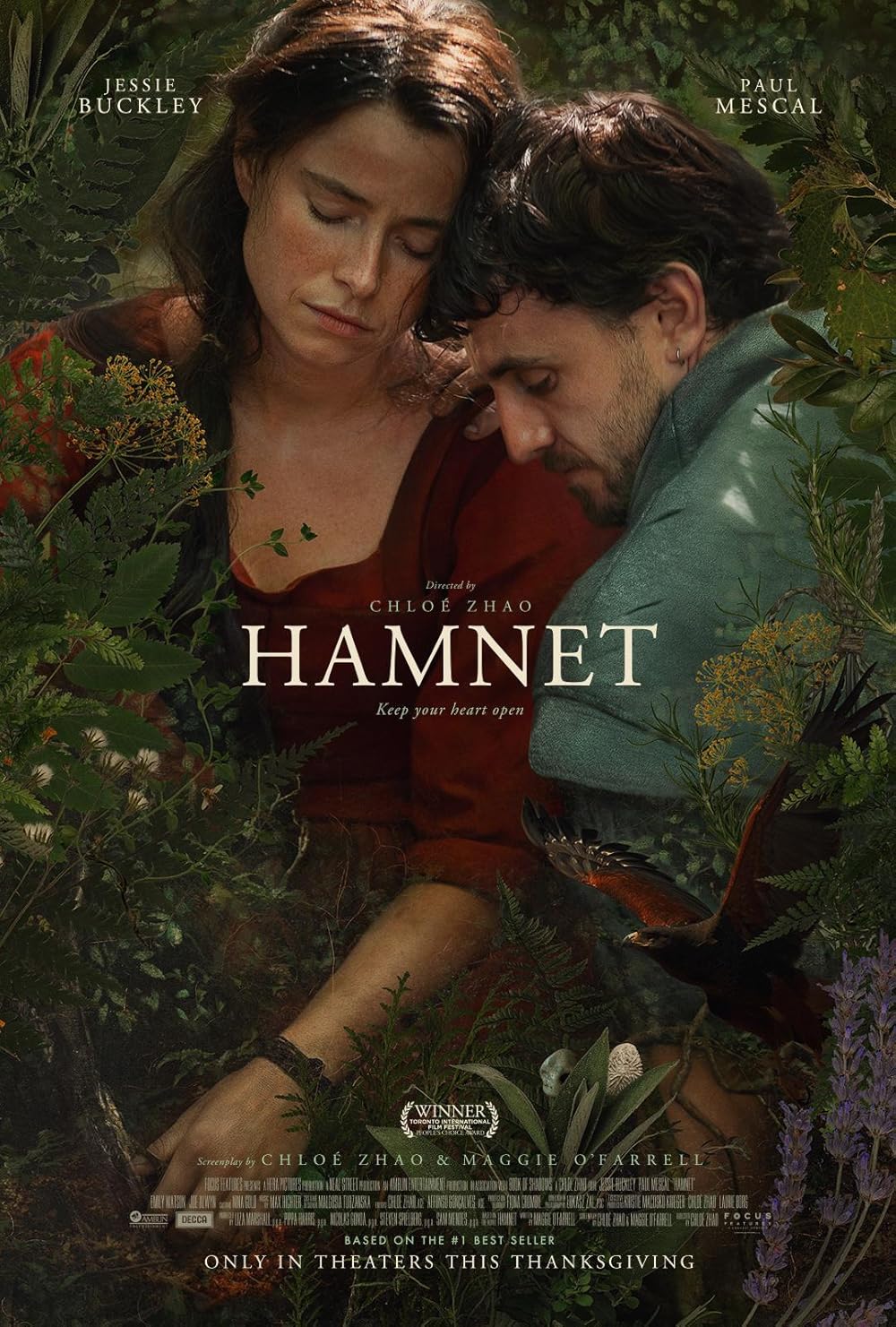
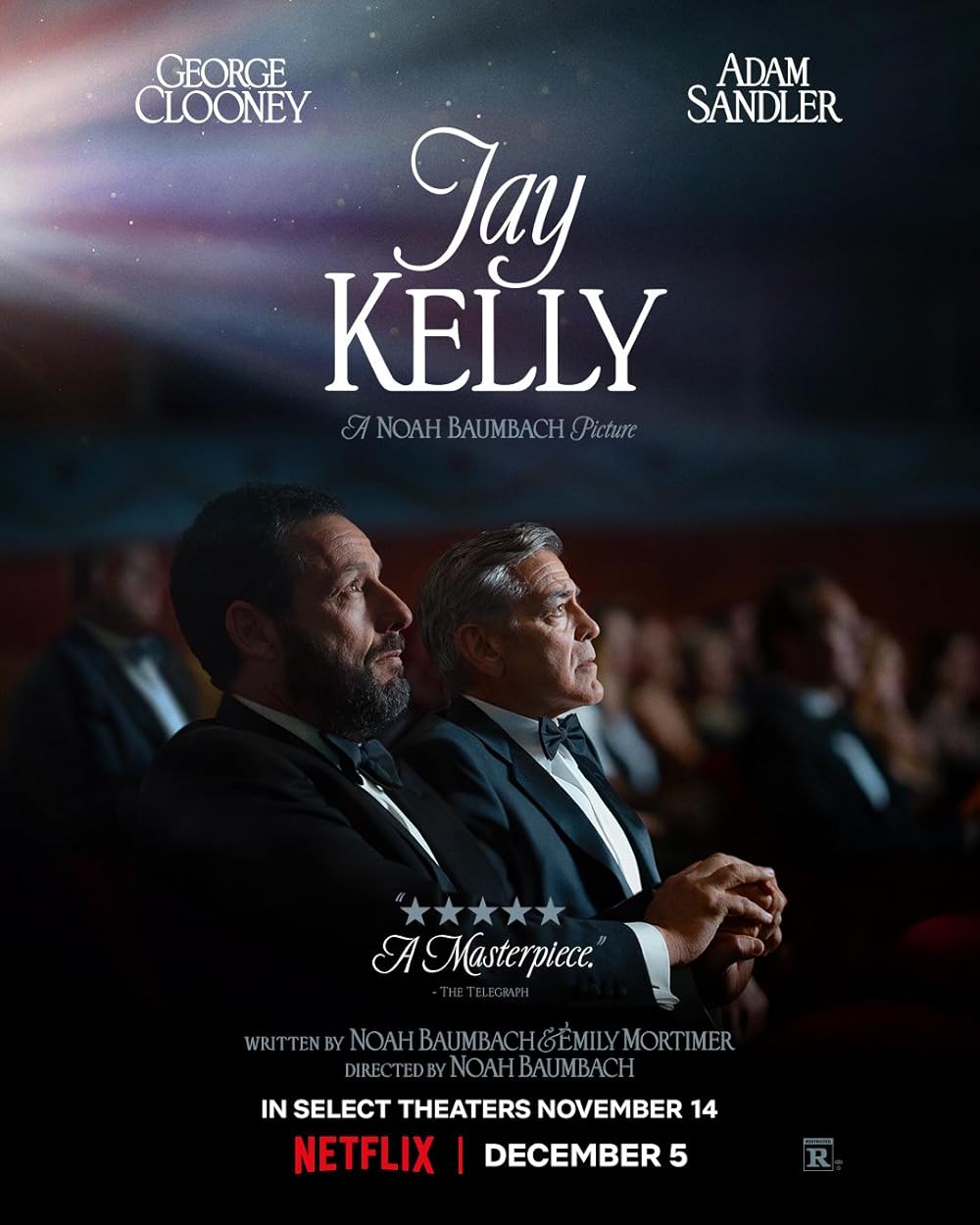

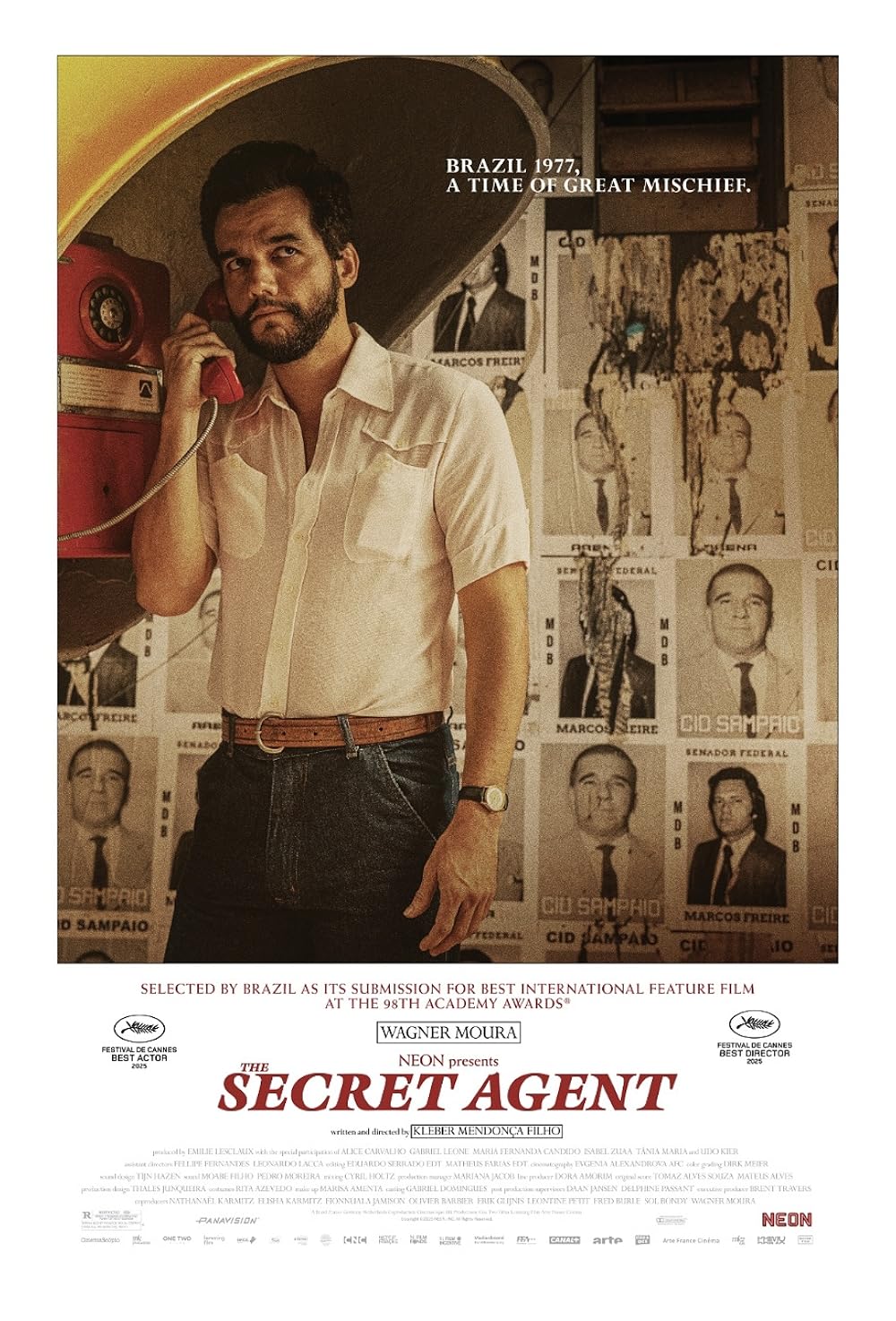 |
|
|
|
The Red Violin
(1999)
Directed by
Francois Girard
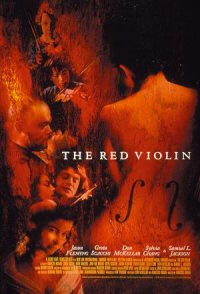
Review by
Zach Saltz
Francois
Girard’s
The Red Violin
follows the history of an instrument that passes through many hands
until it reaches its inevitable fate – being placed at the bargain table
at an auction.
But there is
something different about this violin – not just the fact that it is
exceptionally red or that it plays magnificently.
This violin appears to possess a quality that is quite
distinguishable from other violins; it can easily assume the role of a
labor of love for Niccolo Bussotti’s dead wife, or a teddy bear for
young prodigy Kaspar Weiss, or even an instrument of sexual pleasure (no
pun intended) for the libertine wunderkind Frederick Pope.
It has a life of its own, and even has the blood to prove its
legitimacy as a living being.
The five tarot cards (recalling the five lines of a staff?), read
to the violin’s muse before her untimely death, provide a foretelling
and a sort of introduction to each stage of life our heroic violin is
about to encounter.
There are
numerous modes of music that are found in
The Red Violin, most of which
include either a violin solo or a small string ensemble.
The main theme, which resurfaces in the film quite frequently, is
quite lyrical and complex in its polyphonic texture; it can be found at
the very beginning of the film, when the viewer is first introduced to
the violin’s “mother”, Anna Bussotti.
It begins with a low and lustrous tone, with a few instruments
playing hauntingly dissonant tones; but the music soon reflects the
rising action onscreen, and crescendos into a full orchestra playing
behind a featured violin.
The solo pieces are played with delicate care, to show us the rapport we
will have with the film’s characters.
There are also numerous counter-melodies in the film, which
suggest that there are multiple stories and motives which must be
presented in order to give context to the emotions and perceptions
elicited by the thick story.
The main theme does not exactly restore itself cleverly in other
instruments at surprising times, is in Ennio Morricone’s score to
Once Upon A Time in America
(1984) or Elmer Bernstein’s music in
Far From Heaven (2002).
But the main theme (which is occasionally so complex that it’s difficult
to recognize) still manages to carry over on to different sections of
the film; for instance, when Vienna is shown at its full sunny glory,
the theme is played sublimely, at an allegro tempo – suggesting the
slight hurried nature of the burgeoning urban area.
The next major time the theme is heard, we have been transplanted
half way around the world, to the
Forbidden City,
where the theme is slightly altered to reflect the isolationist
asceticism found in the alleviation of beautiful Western music.
And when the theme is heard at the end of the movie, the violin’s
fate has already been secured, and the slight variation on the theme – a
subtle change to a more restrained, melodic temperance – reflects the
finality of our violin hero’s fate, and the possibility of living out
the rest of its long and revered life in the expert care of craftsman
and restorer Charles Morritz.
The
individual instrumentation is a testament to the events that play out
onscreen before our eyes.
Young Kaspar Weiss’ piece is a sprightly, furiously-paced early baroque
piece for solo violin that appears to recall Rimsky-Korsakov’s “Flight
of the Bumblebee.”
It
appears to be an exceptionally difficult piece to play, reinforcing the
immense pressure that has been put on the young boy.
But it is also angelic and innocent too, showing the fallibility
and susceptibility to flawed adult will.
Poussin’s use of the metronome is fascinating; created in 1812,
it gives a nice timeline to the events of the film (beside’s Poussin’s
wife’s passing reference to the French Revolution) and shows the
evolution of music decorum.
Frederick
Pope’s magnificent solo is also played at an exceptionally fast tempo,
but rather than show his stress, the amazing tempo reinforces the
bravado at which this character (who appears to be a possible indictment
of certain bulbous-headed 19th C. music prodigies) lavishes
himself in.
The presto
tempo also shows his obsessive love for his maiden, Victoria Byrd, and
when the two lovers are separate and force to relegate their
relationship to corresponding letters, the tempo of the violin music is
reduced to a pastoral andante, suggesting that the passage of time is
agonizingly slow.
Almost no
one is shown playing the red violin in the Communist China subplot; this
is because the film wants to show us the complete disownment of Western
ideas in Maoist times.
The
music in the background has a kind of Eastern wayward gloom, with long,
passionate notes that develop ever so slowly and carefully.
The one time the red violin is shown being played is when
Xiang Pei plays a rapturous solo for her young son,
who has never heard a violin in his life.
After she sadly tells her son not to inform his father, the
background music begins in a high lament, and slowly crescendos back
into the form of the main melody.
One curious
feature of the film is that there are several integral scenes where no
music is played whatsoever, accentuating the tension which the scene
entails.
For example, in
the scene proceeding young Anna Bussotti’s death, the film shows her
grief-stricken husband, sitting solemnly at his work table, unable to
conjure any sort of inspiration for his new instrument.
But once the inspiration arrives, it comes in the form of a
brooding and soulfully lyrical violin solo that seems to project
Bussotti’s own grief over his wife and newfound tender affection for the
instrument he is about to christen with his wife’s own blood.
Another such scene is Cesca’s reading of the tarot cards – with
any sort of music, especially the variety the film seems to employ, the
effectiveness of the scene would be downplayed.
Without the sustained silence, the resolution built up by the
silent tension would not be as fulfilling for the viewer.
I found the
majority of
The Red Violin to
be contextually and musically appealing.
The movie does not appear to be about one person or story or even
one violin – but about the broad spectrum of human emotion, most often
typified by the melodic strains of the harmonious violin.
The film is an outlet to project the violin’s glorious luster and
full range of tonal capabilities; and likewise, the bulk of characters
and storylines present in the film suggest that there is much more
behind the instrument than what initially meets the eye (or, in this
case, the ear).
In the end,
this is a plea to look deeper into the things we obligatorily place
little or no value on.
Rating:

|
|
New
Reviews |
Reactions to the Nominations
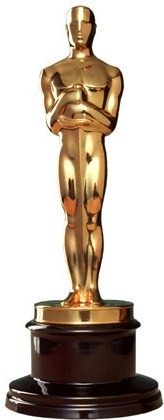
Written Article - Todd |
2026 Oscar Predictions: Final

Written Article - Todd |
Todd Most Anticipated #5

Podcast Featured Review |

Podcast Review - Todd |

Podcast Review - Terry |

Podcast Review - Zach |
10th Anniversary
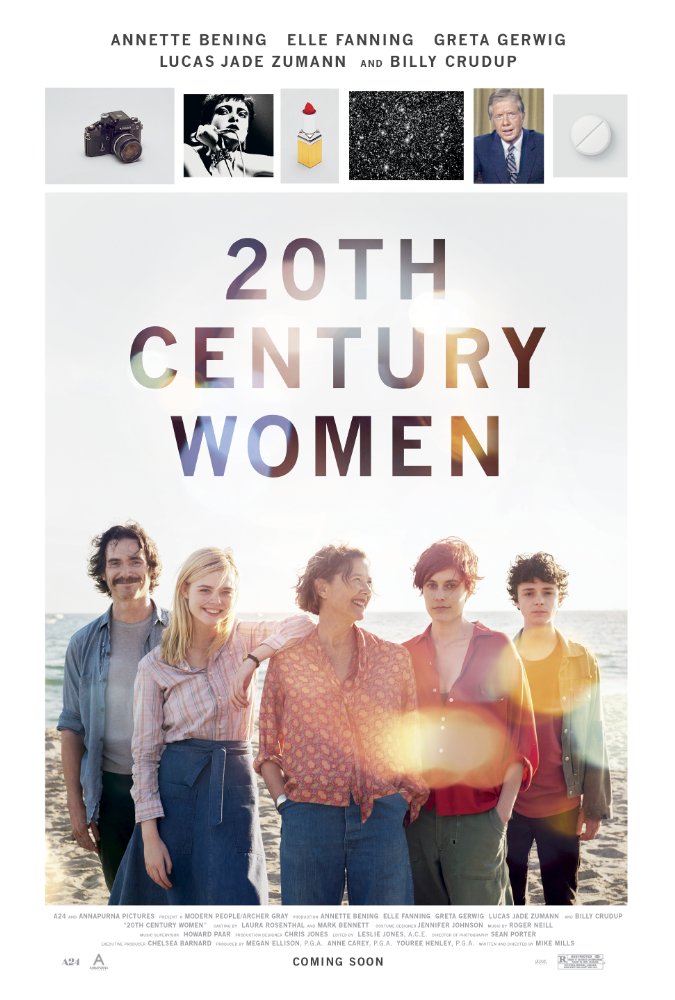
Podcast Oscar Review - Terry |
Director Blindspot Watch
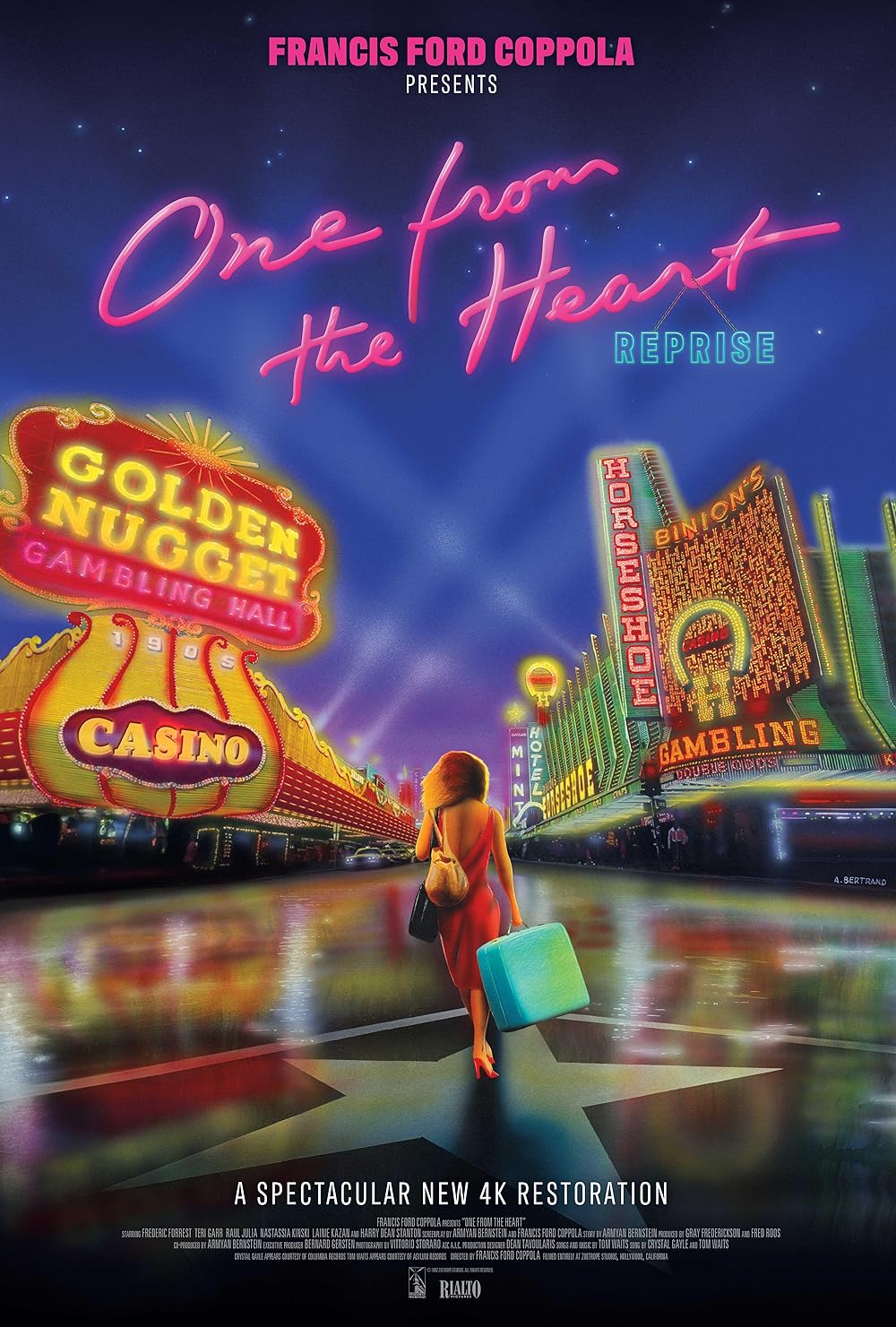
Podcast Review - Todd |
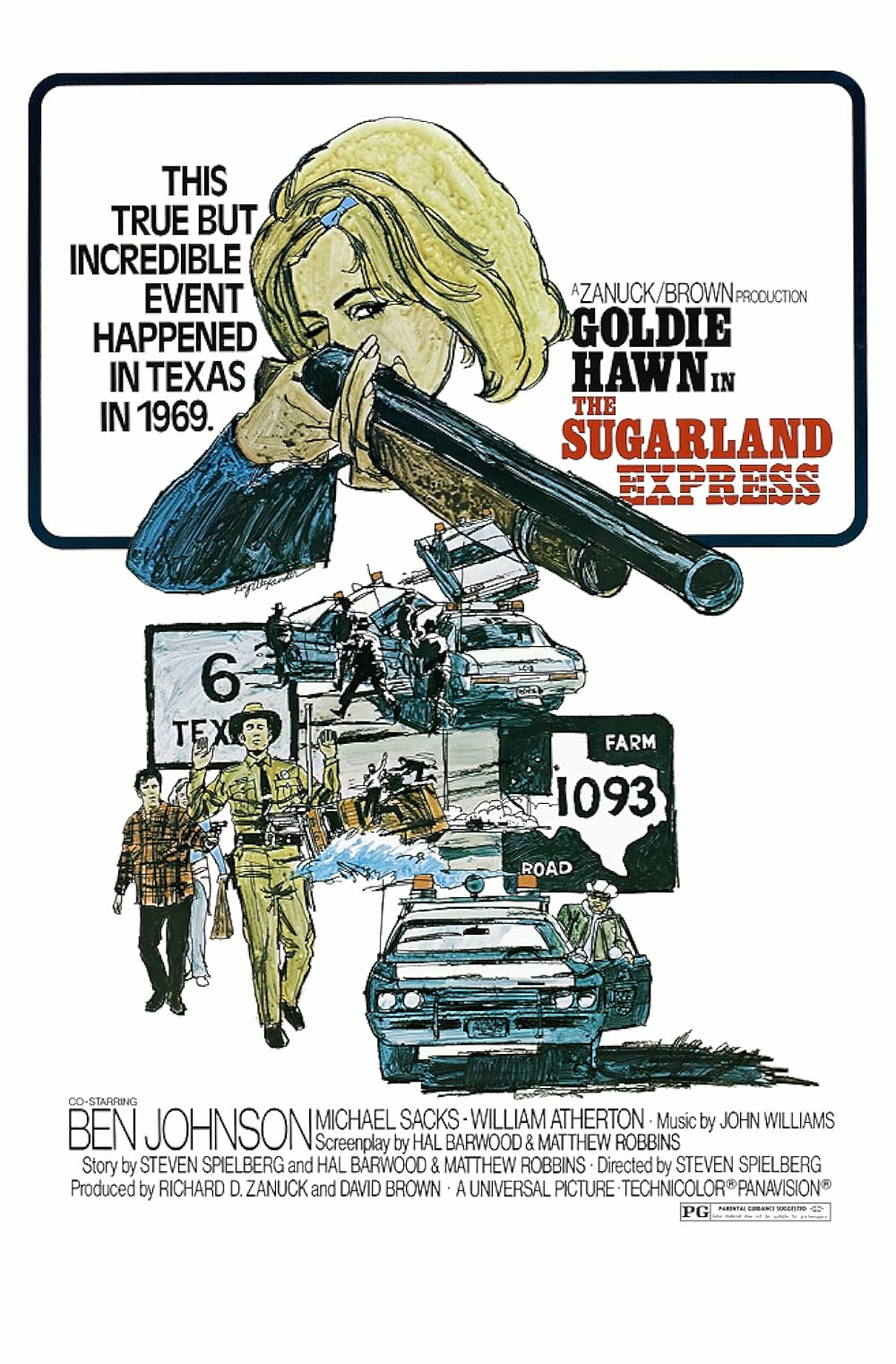
Podcast Review - Zach |
Ford Explorer Watch
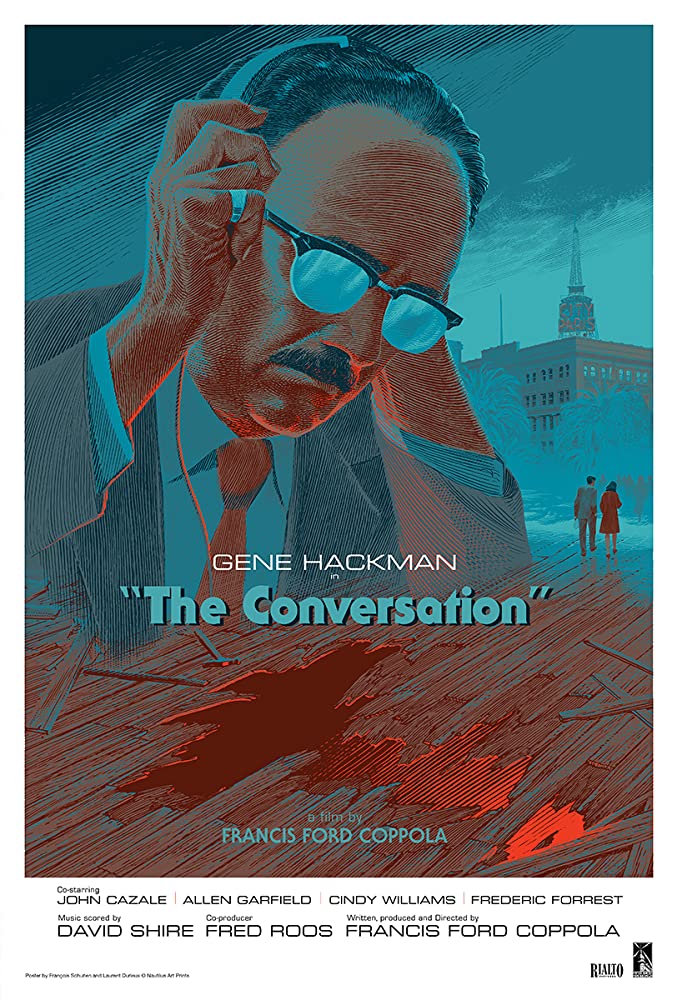
Podcast Review - Adam |
2027 Oscar Predictions: Jan.

Written Article - Todd |
Terry Most Anticipated #2

Podcast Featured Review |

Podcast Review - Terry |

Podcast Review - Zach |
20th Anniversary

Podcast Oscar Review - Terry |
Ford Explorer Watch
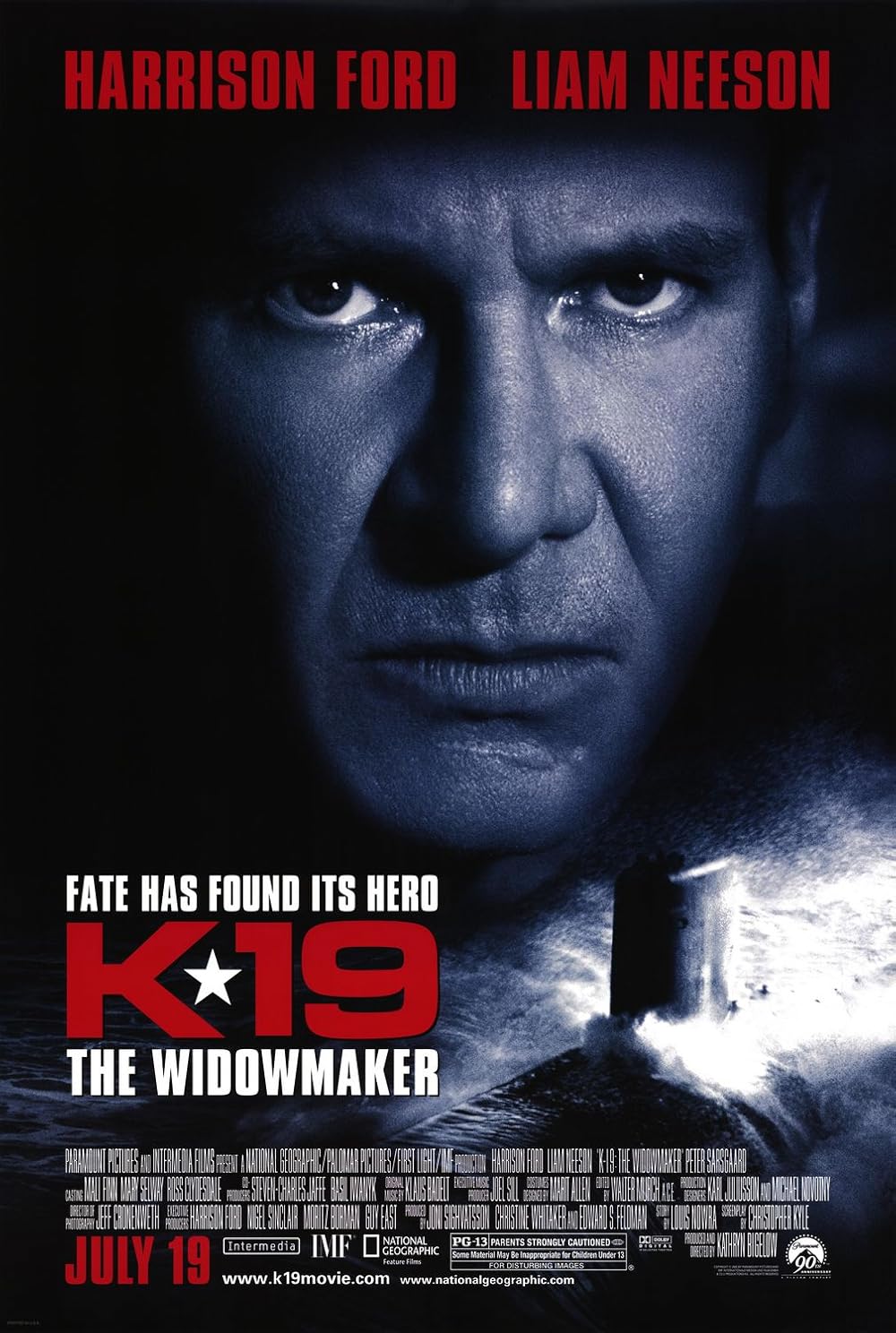
Podcast Review - Adam |
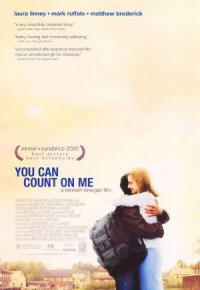
Podcast Trivia Review - Adam |
Director Blindspot Watch
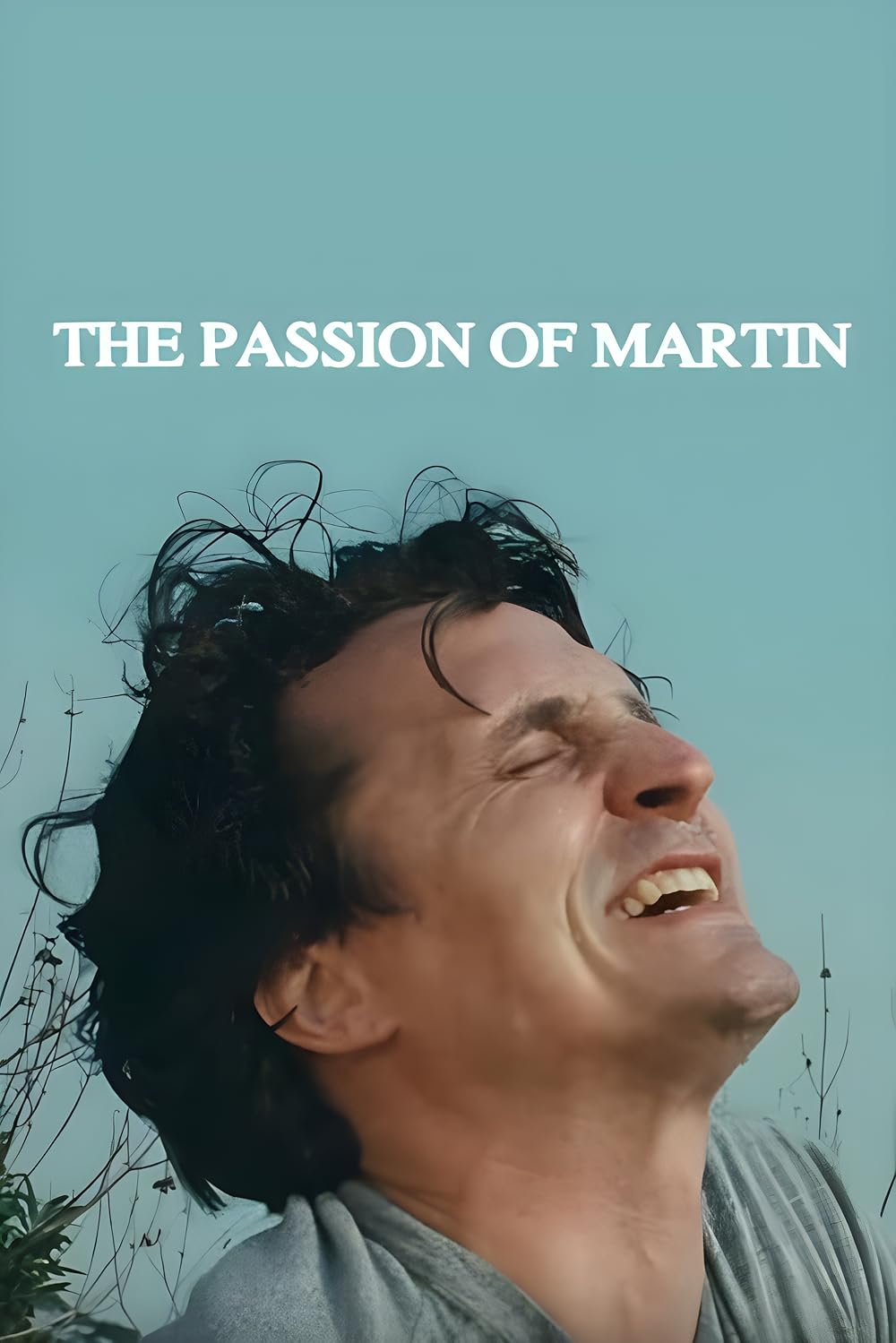
Podcast Review - Todd |
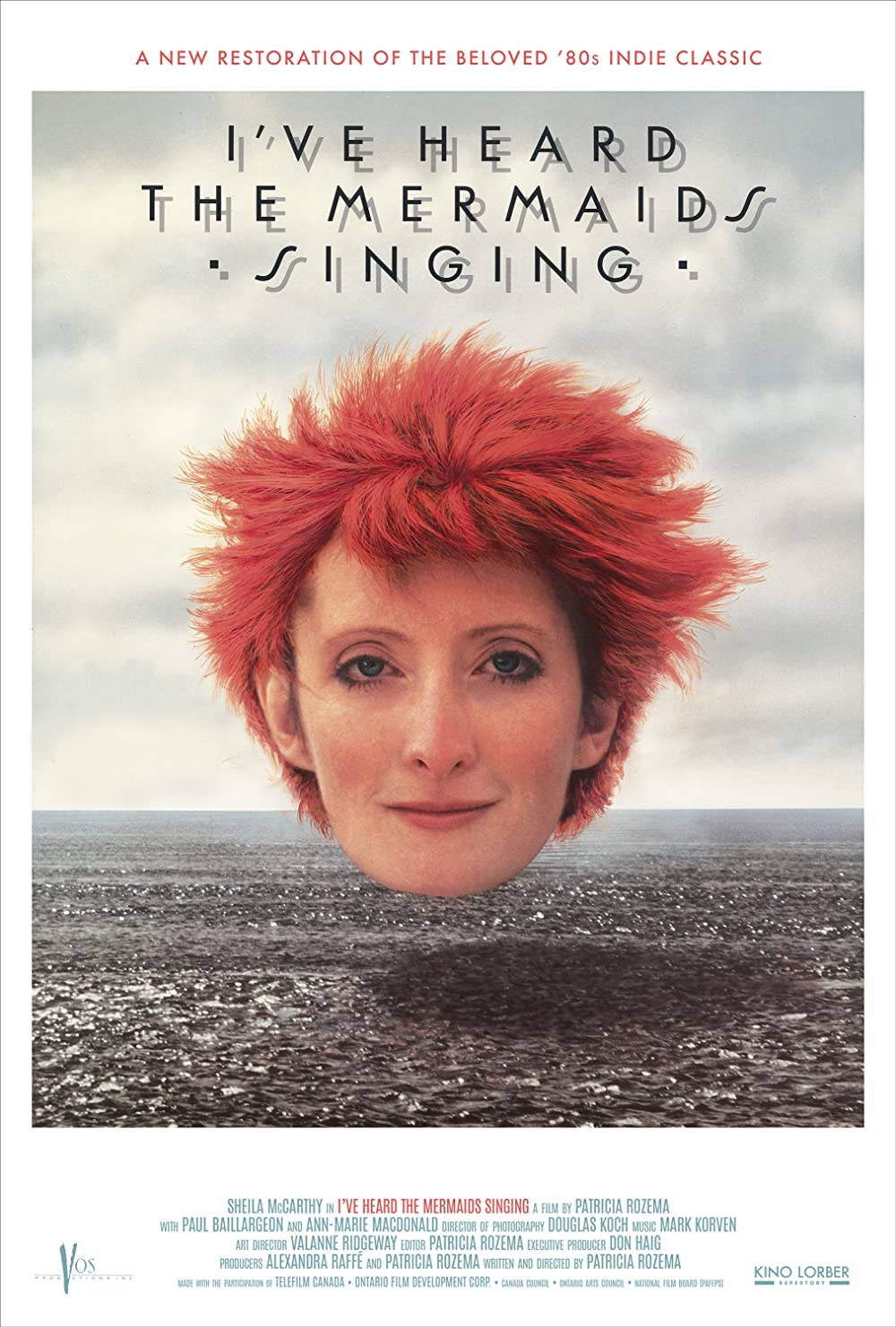
Podcast Trivia Review - Todd |
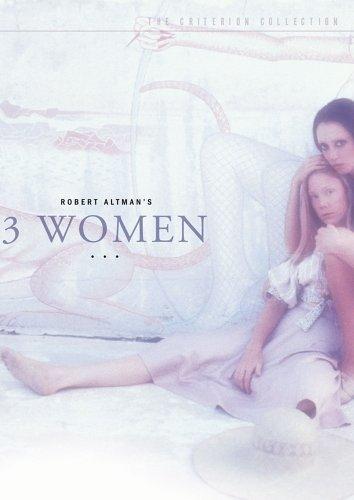
Podcast Trivia Review - Terry |
25th Anniversary
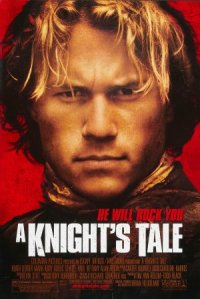
PODCAST DEEP DIVE |

Podcast Featured Review |

Podcast Review - Adam |

Podcast Review - Terry |

Podcast Review - Terry |
Indie Screener Watch
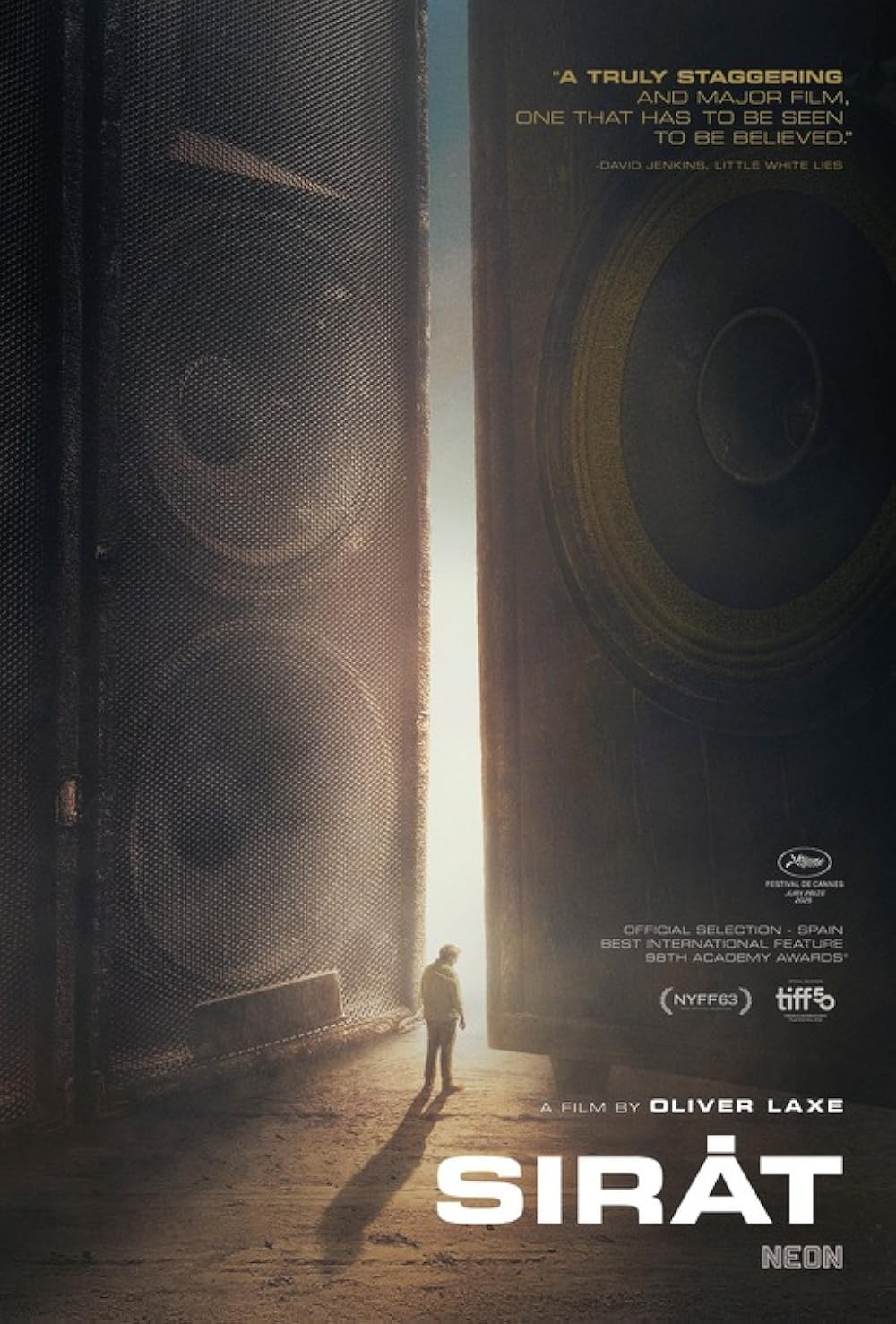
Podcast Review - Todd |
|
|
|